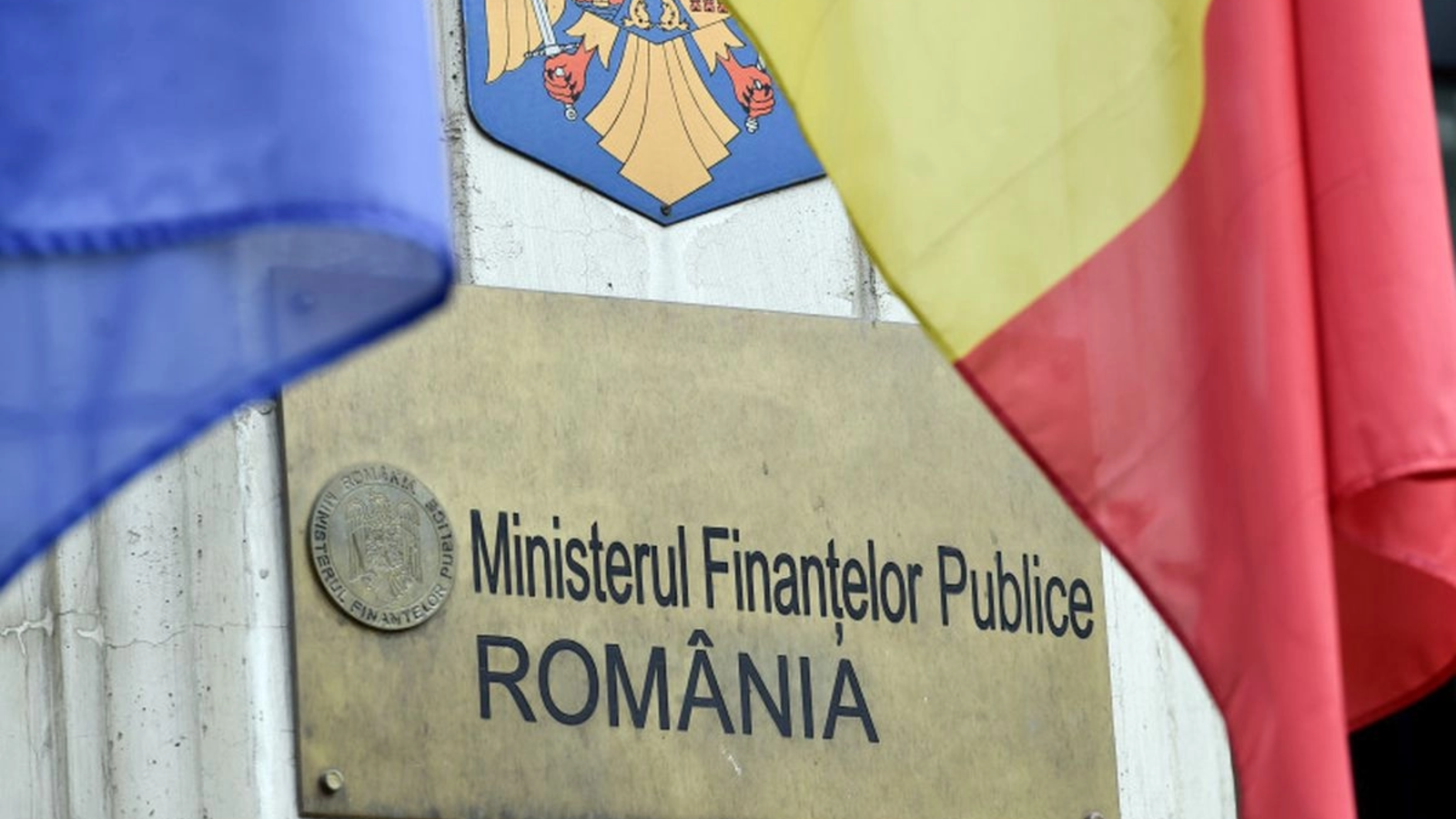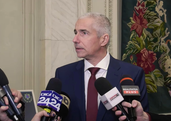VAT revenues increased in the third quarter of this year by 6.74 billion lei compared to the same period last year, totaling 35.48 billion RON, out of a total of 94.75 billion RON for the first nine months of 2025, according to data transmitted on Monday by the Ministry of Finance.
Of the amount of 6.74 billion RON, approximately 4.57 billion RON represent additional receipts related to the third quarter of 2025 (July-September), agerpres reports,
Compared to the period January-September 2025, over two-thirds of the additional VAT revenues compared to last year are generated in the third quarter, the institution states in a statement sent to AGERPRES.
Also, the growth rate of VAT revenues in the period July-September 2025 reached 14.8%, significantly above the average of 3.8% recorded in the first six months of the year (January-September), compared to the same periods in 2024.
ANAF collected 12.556 billion RON from VAT in August 2025 and 12.207 billion RON in September 2025. "It is very important to mention that the September receipts reflect exclusively the VAT related to August, because what is invoiced in August is declared and paid around September 25. Therefore, the September receipts strictly reflect the fiscal base (consumption) in August," the Ministry of Finance specifies.
The institution mentions that VAT receipts in September are lower than those in August for a technical seasonal reason: "in September, VAT for August is collected, and August is traditionally one of the months with the lowest level of economic activity."
Also, companies operate at reduced capacity, part of the billing volume moves after the holiday period, and consumption decreases compared to peak months, explains the Ministry of Finance.
"To this seasonal effect, an element specific to 2025 is added: in July there were anticipated purchases and a sales peak, as companies and consumers purchased a significant volume of goods before the VAT increase on August 1. This acceleration in sales increased the tax base in July, which artificially increased the receipts recorded in August and makes the receipts in September appear lower, in the absence of a perspective on the entire context," the ministry said in a statement.
According to the Ministry of Finance, data from recent years clearly show this seasonal pattern for the level of receipts in September, which consistently represents only about 97-98% of the receipts in August, regardless of the economic, fiscal or political context. It is a structural phenomenon, visible year after year," the Ministry of Finance representatives also reported.
August has low activity, and anticipated purchases in July shifted receipts to an earlier month - a stronger effect than the increase in the VAT rate. The phenomenon is normal and is also found in historical series from previous years.
According to the cited source, the VAT increase to 21% is not fully reflected in revenues in September for two technical reasons. The first is related to a behavioral economic effect of "shopping before the increase". In July (with 19% VAT), many companies and retailers sold significant stocks before the VAT increase, which increased the tax base for July. The VAT for July was collected on August 25, so August 2025 has a significantly larger base, with a VAT of 19%.
The second reason: the increase in the VAT rate from 19% to 21% does not compensate for the reduced economic base in August, which is structurally a month with low economic activity, the receipts of which are reflected in September, the Ministry of Finance said in a statement.
Also, VAT refunds increase in September and reduce the net collected, as September is a month in which many returns with a refund option are processed (especially for companies affected by the shutdown in August, respectively the delayed VAT declaration, with effects on the occurrence of adjustments and the increase in the volume of refunds processed in September).
In conclusion, the evolution of revenues in September, compared to August, does not represent a deterioration in collection, but is determined by the seasonality of August, the anticipated effects of the VAT increase and the dynamics of reimbursements. As in previous years, in the following months revenues have a positive evolution as economic activity returns.
"For an objective assessment of the impact of the measures, an analysis over the widest possible range is necessary, compared to the same period in previous years. It is also necessary to take into account the reduction of the behavioral impact generated in the months that marked changes in fiscal policy, so that the analysis reflects as faithfully as possible the natural evolutions of the collection rate," the Ministry of Finance representatives explained.A
































Comentează